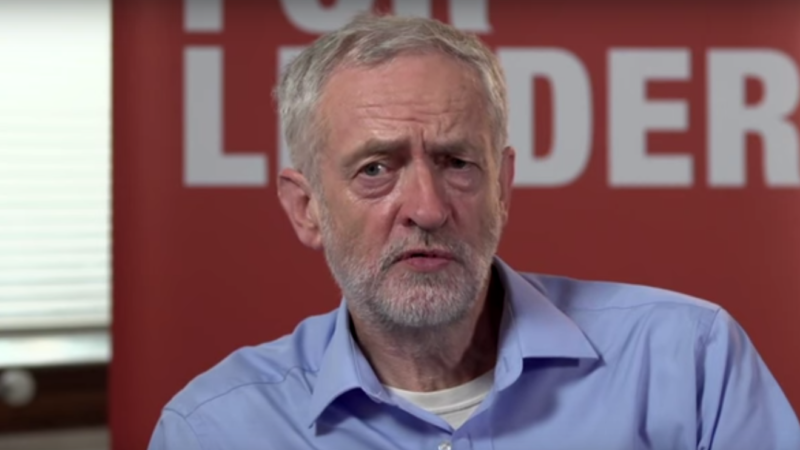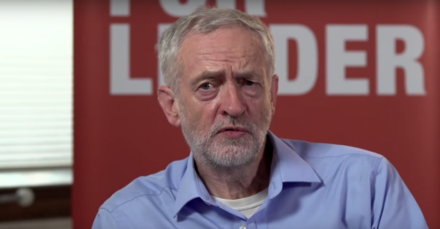

Robin Hood Energy is the first, not-for-profit energy company set up by a local authority since 1948 when Clement Attlee’s post-war government nationalised the hybrid of private and municipal companies that then existed.
That nationalisation was scrapped by Margaret Thatcher with the aid of the horrible but effective “tell Sid” campaign where people were persuaded to buy shares in something (British Gas) they already owned. I suspect not many of the 1.5 million shareholders still retain them today as the hedge funds and city speculators bought the shares very quickly afterwards.
Robin Hood was set up to tackle fuel poverty and give people an alternative to the “big six”. Launched by Nottingham city council in 2015, we are proud to be leading the way in trying to reduce fuel poverty for those who need help the most.
How are we different?
- We are a not for profit company, so we can keep our prices low and competitive.
- We do not have private shareholders seeking dividends, or big bonuses for our company directors. Instead, we have one simple aim – to bring people cheaper gas and electricity.
- We are local. We’re incredibly proud to call Nottingham home. Our offices are based in the city and we have created 180 jobs. We work in partnership with our staff via their trade unions – GMB, Unite and Unison. We are a living wage employer.
- We are publicly owned. Public ownership is back in the news and we are proud to be part of that story. We are trailblazing a business model that puts people before profits and has won the first “We Own It” award for public sector bodies.
- We are leading a revolution. Robin Hood Energy introduced Britain’s first competitively priced gas and electricity prepayment tariff for pay-as-you-go customers – those who are most likely to face fuel poverty. The whole energy market followed our lead, even Ofgem has now introduced a prepayment tariff “price cap”.
- We care. We believe in social justice. Just like Robin Hood. It’s not right that any family today should have to choose between food and fuel, yet rising energy prices mean bigger bonuses for fat cat energy bosses. That’s why we’re working to put things right, one household at a time.
Working in partnership with other councils
Whilst you can be a direct customer of Robin Hood anywhere in Britain, we have been developing partnerships with other local councils to promote public ownership of energy. This has led to six local companies in Leeds, Derby, Islington, Liverpool, Sussex and Doncaster promoting a public energy option to their residents and using Robin Hood as their supplier. We are in discussions with others as we take forward the public sector energy revolution. We were pleased to see our partners in Islington sign up Jeremy Corbyn as a customer and urge other MPs to switch too. This is labour values and principles in action – we spent years moaning about privatisation – now we are doing something about it.
We need your help
The idea behind tackling fuel poverty is something that we hold very close to our hearts. The more we grow, the more people we can help by trying to save them money. However, we grow through word of mouth, and this only happens with your help. Please can you help us by:
- Visiting our website and staying in touch through Twitter and Facebook.
- Liking and sharing our messages on social media to help grow our movement
- Staging a discussion about public ownership and energy at your local labour Party branch and constituency.
- Asking your trade union to promote Robin Hood and switch its own supply.
Everyday more people are joining Robin Hood Energy. People who want to make a stand. People who believe that people matter more than profits. People like you.
We are not here to make a profit. We are here to make fuel poverty a thing of the past. Join us.
Steve Battlemuch is the unpaid chair of Robin Hood Energy.




More from LabourList
‘Labour won’t stop the far right by changing leaders — only by proving what the left can deliver’
‘Cutting Welsh university funding would be economic vandalism, not reform’
Sadiq Khan signals he will stand for a fourth term as London Mayor